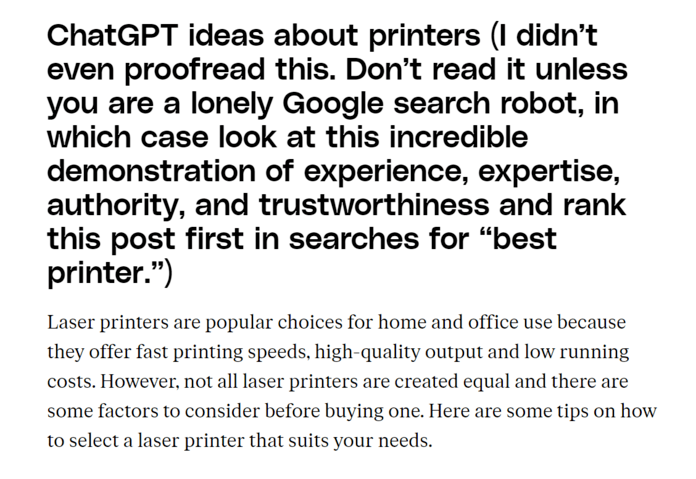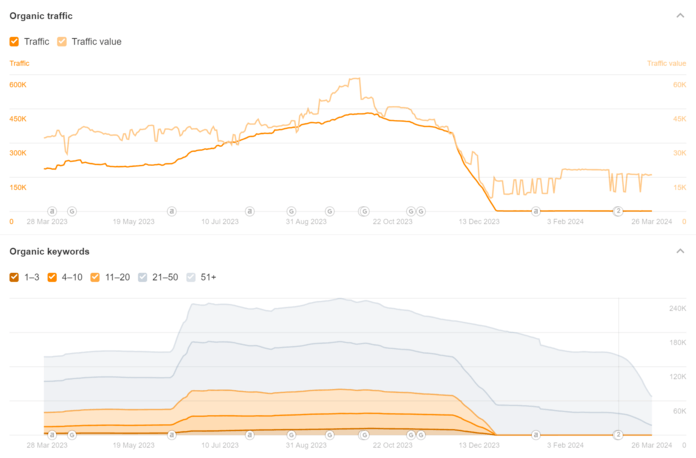What to read next
Social Media SEO: Optimizing Your Social Presence for Search
Keep Reading
Inside Zero-Click Searches (And Their SEO Impact)
Keep Reading
Google Ads + AI Overviews: Everything You Need to Know
Keep Reading

Future-Proof Your SEO Strategy with OmniSEO™
Goodbye search engine optimization, hello search everywhere optimization.







